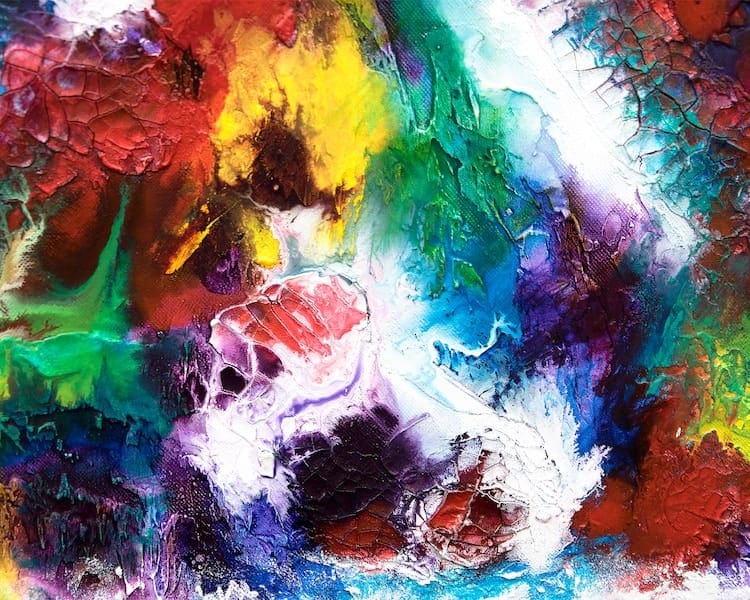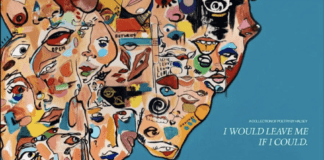
We love poetry prompts as a way to step outside our poetry comfort zone.
Whenever you’ve got to kickstart the poetic engine — say, because you’ve lost the muse or simply feel your usual inspirations have gotten stale — prompts can help you create something new and fresh. Something that helps you see outside the lines.
It’s important to remember that you don’t have to write a masterpiece; you just have to flex the muscles. This is all about creating for the sake of creation, not to write the Best Poem Of Your Life.
Here, you’ll take a week to practice a bit of writing every day. Not only will this train you to get into a ritual or discipline, it’ll open up the potential for new ideas and fresh musicality in your work.
Day 1: The Three-Line Poem
Focus your attention on writing a three-line poem. Something that requires you to be hyper-aware of the space in which you have to write. Perhaps you want to focus on a single theme, like grief, or perhaps you want to free-write to simply see what you come up with. In any case, the most important thing is that you work with limited space.
The length of the lines is your choice — they may span across the page, or they may be the size of a haiku. A line should end when there is no more space to type or write, not at the technical end of a sentence or line.
Day 2: The Language of Color
What is color? What is blue? What does it feel like, or sound like? What is saffron? In this prompt, you’ll write from the perspective of a color. What is this color saying, or hoping for? How do they feel? What if blue was happy, and red was peaceful? What if blue always wanted to be more like green? What happens when pink dies? Personify your poems, speak to life through color.
Day 3: The Poetics of Place
Today you will write a poem about place. Perhaps it’s your childhood home, or your country of birth. Perhaps this place is not physical, but immaterial or spiritual, a place you’ve dreamt of but cannot access because of distance or fantasy.
Perhaps the place is a distant memory. In this prompt, you’ll describe the place, where it exists and why it matters to you. What are its scents? What are its secrets? What do only you know about this place? Go beyond the obvious — stretch your imagination and push yourself to tell the story only you know. Everyone already knows that Paris is beautiful. What else is there to know about Paris? What is it that only you know?
Day 4: Poetry as Magic
In this prompt, you will cast a spell-poem, casting your intentions into reality. What is something you want or desire? Manifestation works off of the premise that thoughts are things, that what we think we attract. When we think negative thoughts, that negativity begets negativity. When we put our goals and wishes into the world — some call this prayer — we grow them, as flowers, in whatever way they may actualize in your life.
Writing is one of way of physically casting our wishes and visions. Here, you will write a poem as a vision of yourself in a situation (literal or metaphorical) that you desire. You will need to write in present tense, as it already exists.
Day 5: The Poetic Confession
Here, you’ll write a confession poem. Forget poetic language or any rules or ideas you might have, and simply use this space and time to make a confession. After you speak it clearly and directly, see how you can chisel it into the shape and sound of a poem.
Day 6: Translating Other Poems Into Your Own Language
Here, you’ll read a favorite poem of someone’s and rewrite it in your own language. Replace adjectives, names, colors, places, or feelings — but follow its premise and keep any prepositions (of, over, onto, or by, for example) intact. If you end up sharing this poem or publishing it, it’s important, however, that you give credit where it’s due.
Day 7: Ancestral Poetry
Write a poem about your ancestors. Where were they from? What were their lives like? What did they believe in? If you are bilingual, it’s a beautiful opportunity to infuse your culture and ancestral history into your poetry. Embrace your blood and your history.
Feature Photo by Art by Lønfeldt on Unsplash














